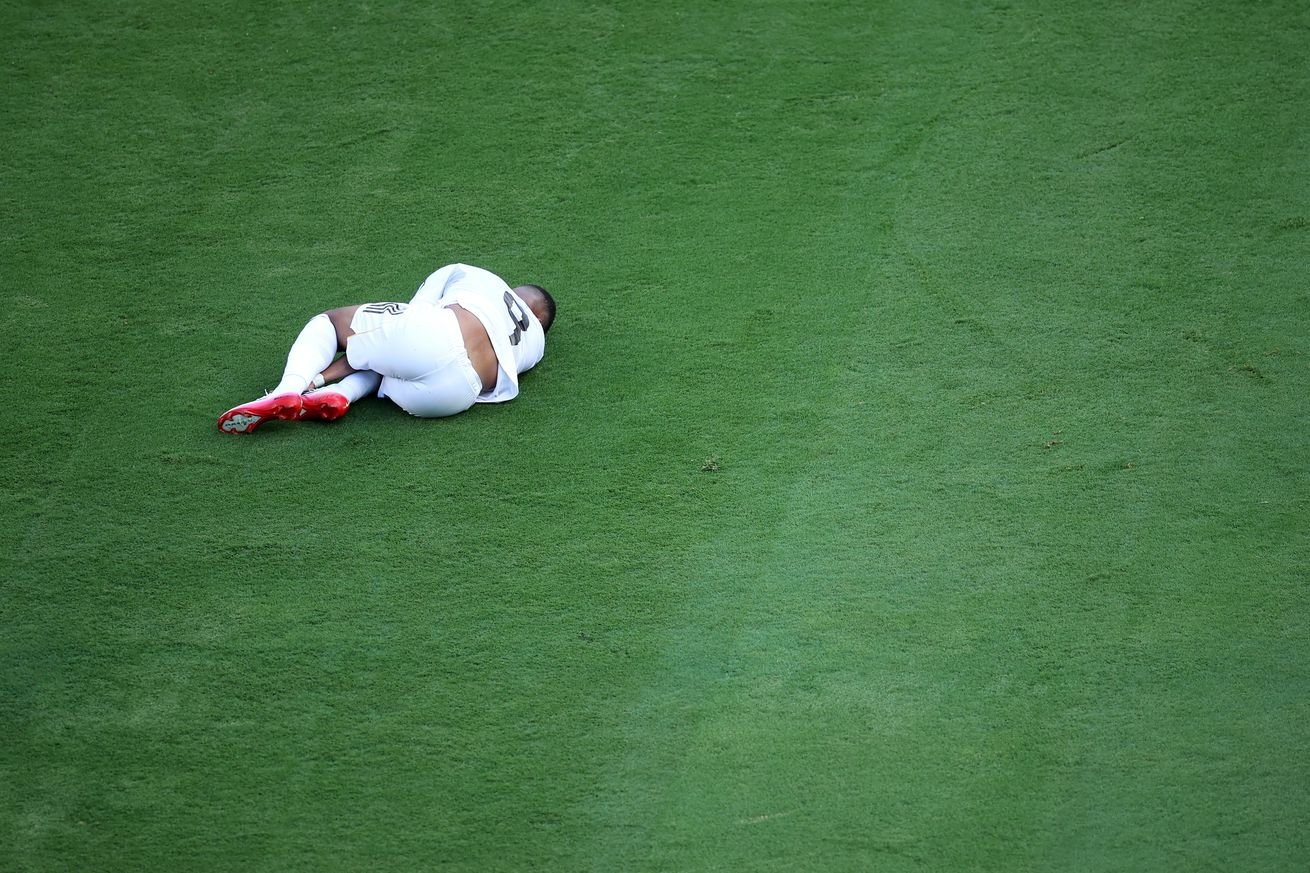
Real Madrid are stepping up their efforts to keep players healthy and fit by adopting cutting-edge Artificial Intelligence technology to prevent injuries—a growing trend among top football clubs worldwide.
After enduring several injury-plagued seasons, the club’s leadership has made injury prevention a clear priority. With a new coaching staff in place and a demanding campaign behind them—including participation in the FIFA Club World Cup—Madrid are turning to data-driven solutions in an effort to reduce time lost to injuries and maintain peak performance across the squad.
According to MARCA, Real Madrid are part of a select group of ‘elite’ clubs—alongside Manchester City, Bayern Munich, Flamengo, and Palmeiras—that have made significant investments in AI-powered athlete care systems. These tools are designed to anticipate injuries before they happen, offering clubs a powerful blend of sporting, structural, and financial benefits.
How It Works
The AI platforms process an enormous range of data points—everything from training loads and injury history to sleep patterns, nutrition, match performance, and even emotional well-being. All of this is tracked using cameras, sensors, and GPS technology, enabling a more holistic picture of each player’s condition than human observation alone could provide.
The goal? Spotting red flags early and tailoring each player’s training and recovery plans to avoid preventable injuries. Given that a typical injury can keep a player sidelined for three to six weeks—costing the team both competitively and financially—the stakes are high.
First-Hand Accounts from Experts
Dr. Rodrigo Zogaib, Medical and Health Coordinator at Santos FC, gave an in-depth explanation of how AI is being used at his club:
“We use several AI tools to monitor athlete performance and health, including medical, physiotherapy, physiological and nutritional assessments.
For physiological evaluations, we use thermography via the Hard Square programme, as well as daily subjective evaluations such as sleep quality and pain levels, which generate a fatigue algorithm.
We monitor sleep, weight, hydration, GPS data and training load. This data is processed in a programme that generates alerts, allowing us to adjust each athlete’s workload individually.”
Tulio Horta, Chief Operating Officer at Volt Sports Science, emphasized the growing role of AI across elite football:
“Today, using cutting-edge technology in athlete preparation, combined with scientific knowledge and personalised care, is essential for players to reach their full potential.
In this context, AI becomes vital as it processes a wide range of data, critical for improving performance and health, covering not just training and recovery, but also areas such as sports psychology and neuroscience.”
A Strategic Shift
This marks a strategic evolution in how Real Madrid approach player fitness and squad management. Injury prevention is no longer just the job of medical staff—it’s now a club-wide initiative supported by science, technology, and personalized performance analytics.

